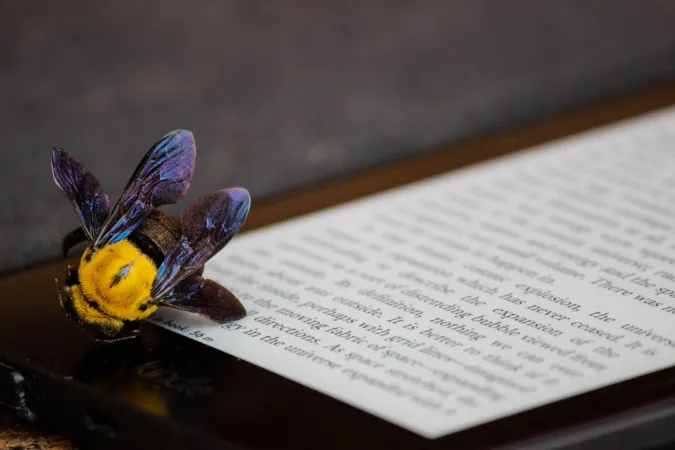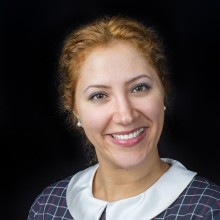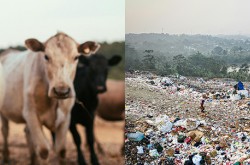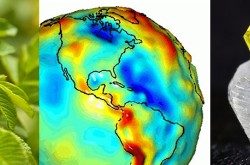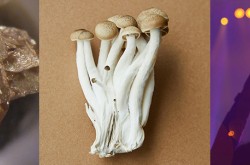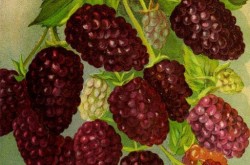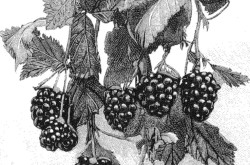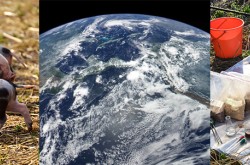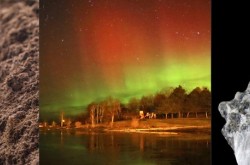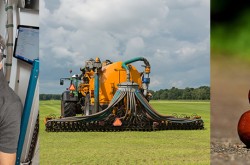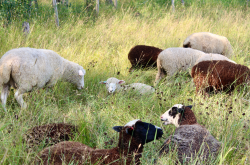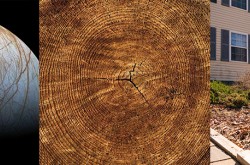A conversation with a honeybee (Part 1)
In honour of World Honeybee Day on August 18, let’s imagine what a honeybee might say if it had the chance to chat with a human*.
On a hot summer day, after working long hours in my garden — taking care of my flowers and vegetables — I decided to rest in the shade of my apple tree and read a few pages. No sooner had I sat down when a little bee fell onto my book. I heard her crying for help, “Please, somebody help me. Help!”
I answered, “I’m here, are you OK?” She was breathing heavily and looked exhausted. “Maybe you’re having a heat stroke, you must be dehydrated!” I said. “Just wait here a second.”
I went quickly to bring some water — mixed with honey — and poured a few drops into a spoon near the bee.
“Oh, honey!” she said. “Thank you, I love it. Is this the heated honey humans eat?”
“Yes, this is pasteurized honey,” I replied. “Very young children and those with weaker immune systems should consume pasteurized honey, due to a very small chance of botulism. But I also use raw local honey. I’m sure you must eat it every day.”
She looked at me with a disappointed face. “I wish! Not as much as I’d like to,” she said. “Every year, my colony produces two to three times more raw honey than that we need, but I am often too busy to eat it. I spend a lot of time locating and selecting flowers and collecting pollen. I can’t miss pollinating those flowers on plants and trees, otherwise there won’t be fruits for people to eat, like the apples on your tree. Luckily, our keepers provide enough sugary solutions to supplement my diet and I have two stomachs. One stomach to eat, and the other to process nectar before delivering it to the specialized honeybees — who place it in waxy honey combs where they dry it with their wings.”[1]
She lost her breath a bit. I replied, “Easy…relax. I’m sure you can eat as much as you want when you go back to rest in the hive.”
But she continued, “Then, my colleagues and I have all these meetings and executive briefings with the queen to improve productivity. After that, we attend to the baby larvae, produce propolis for repairs to the hive, and tidy up the rooms to avoid contamination. Imagine all that — while foraging outside in the unknown!"[2]
“A very demanding job indeed!” I agreed. “Honeybees are great co-workers for people, producing fruits and vegetables. A third of all the food on the planet is dependent on bee pollination efforts!"[3]
She proudly added: “We are the only insects that make edible substances for humans, including honey, pollen, wax, royal jelly, and even propolis. The high quality of our products is thanks to our sophisticated business model, diverse expertise, and the excellent management of our colonies.”
“That’s great,” I replied. “I have also heard that you may have advanced mathematic skills, and some scientists describe your organized society as a superorganism."[4]
Suddenly, I felt something itchy on my leg. The honeybee looked anxious and said, “You seem distracted; I should go. I have so much work and a very long list of things to do.” She floated away slowly.
“Please wait!” I called out. “Let me serve you some raw honey; you did say it’s your favourite.”
My vision blurred and my skin continued to itch. I blinked, and found myself under the tree — with several mosquitos biting me. Had it all been a dream?
(To be continued…) Check back on our website tomorrow for the rest of this story.
*Disclaimer: The views and opinions expressed in this article are those of the author, they don’t reflect the official position of The Canada Agriculture and Food Museum, or bees in general. However, all scientific information used in this text is referenced from the resources listed below.
[1] ML Winston, The Biology of the Honey Bee (1991).
[2] TD Seeley, The Wisdom of the Hive: The Social Physiology of Honey Bee Colonies (2009).
[3] MA Aizen and LD Harder, "The Global Stock of Domesticated Honey Bees is Growing Slower than Agricultural Demand for Pollination," Current Biology (2009).
[4] TD Seeley, "The honey bee colony as a superorganism," American Scientist (1989).



